
If you’re thinking of buying a home, you’ll come across two different types of property ownership: leasehold and freehold. But what do those terms actually mean? And which one is best for you? To help you gain a clearer picture, we’ve taken a look at the some of the key differences.
In short:
Leasehold
You effectively own the property, but not the land it’s built on.
Freehold
You’re the sole owner of the building and the land it sits on forever – or at least until you decide to sell it.
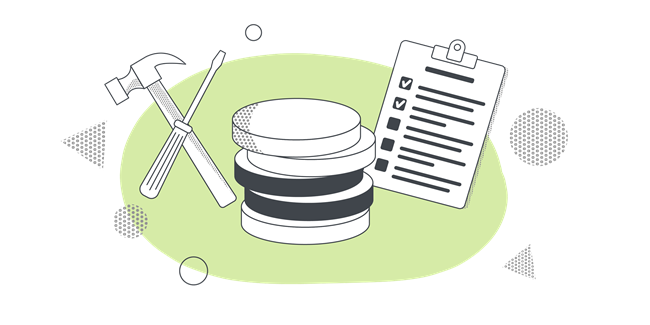
What is leasehold?
Across the UK, millions of people own a leasehold property. Here are three key points to bear in mind:
- As a leaseholder you effectively own the property, but not the land it’s built on
- Ownership is for a set period of time, with the ‘lease’ ranging from a few years to decades and even centuries
- Once the lease expires, your home will belong to the freeholder again
Leaseholds are most commonly found on apartments, and normally last around 99 years or more. In effect, they work in a similar way to lettings, only for a longer period of time.
Leaseholders usually have to pay a ground rent, with the average sum reported to be around £319 a year.1 The good news is that the Government’s Leasehold Reform Act will put an end to ground rents for new leasehold properties from July 2022.
As a rule, the longer the lease, the better. Both Which? and moneysavingexpert.com suggest that a short lease can be a cause for concern. In fact, once it falls below 80 years, the value of a property drops2.
You can look to extend the lease through a solicitor, but they will charge a fee and it might prove costly. On a positive note, the Government is planning to overhaul the system to make this a cheaper and easier process.
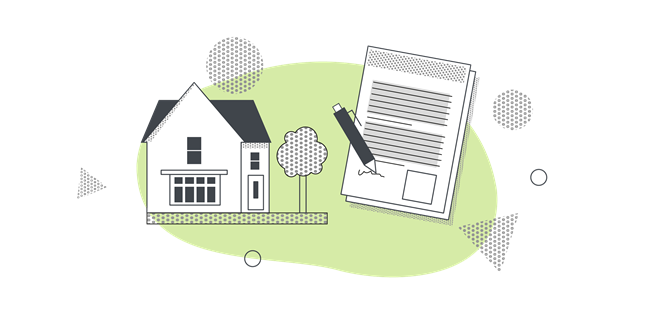
Why choose a leasehold?
There are a number of reasons why a leasehold property might be right for you:
- Leasehold properties are generally cheaper as they’re usually smaller than freehold properties (flats rather than houses)
- Depending on your contract, the freeholder is likely to be responsible for any structural problems. This is usually handled by a third-party property management company, with leaseholders paying a set yearly service charge to cover wear and tear.
- Similarly, the upkeep and repair of any communal areas (and negotiating with neighbours to get work done) will be handled by the freeholder or their property management company, and paid for from the annual service charge.
- Buildings insurance will normally be arranged by the freeholder and, again, covered in your service charge.
Inevitably, there may be some drawbacks too. For instance, you may not be able to make major changes to your home, such as adding an extension or altering the kitchen. At the very least, you’ll need permission from your freeholder or property management company to make any upgrades.
Ready to make your move? We have a range of offers to help both first time buyers and existing homeowners.
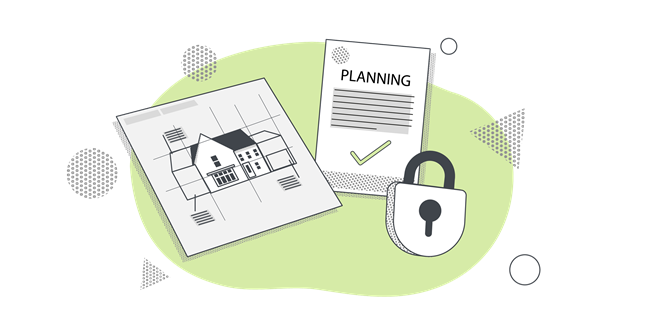
What is freehold?
Freehold is pretty straightforward. Buying a freehold property means:
- You’re the sole owner of the building and the land it sits on forever – or at least until you decide to sell it
- It will form part of your estate, so it can be passed on to your family or friends when you die
- The only way a freehold property can be reclaimed is if you don’t keep up with any agreed mortgage repayments.
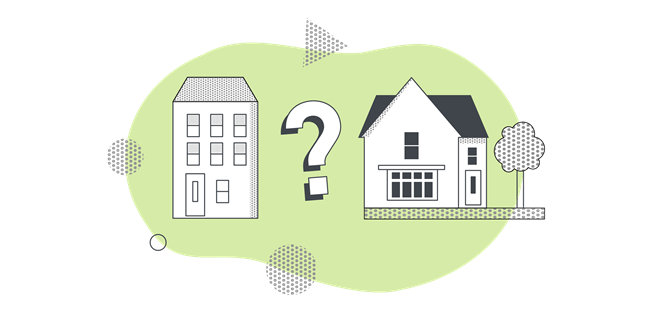
Why choose a freehold?
The clue is in the name.
Giving you complete ownership, a freehold property is ideal if you want the freedom to alter and redesign your home. From creating a loft extension, to turning the basement into an open-plan living space, the only hurdle you’ll need to clear is getting planning permission from your local authority.
You’ll also have no ground rent or service charges to pay.
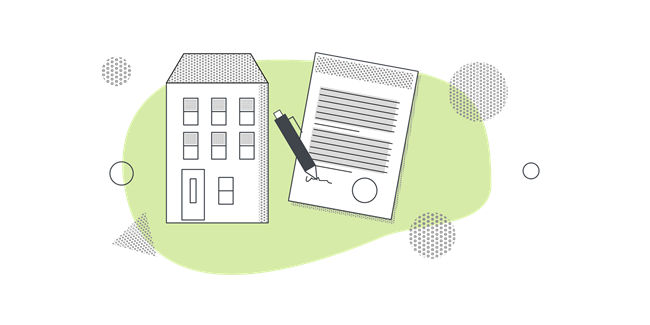
What are the main differences between a leasehold and a freehold?
Getting your head around leasehold and freehold can be tricky, so to recap here are the top three considerations:
1. The length of ownership
If you opt for a freehold, your property will be yours until you sell it. A leasehold property is yours until the lease period expires. It then belongs to the freeholder again.
2. Responsibility for major problems
With a freehold property, you’ll be responsible for fixing any big problems such as subsidence or storm damage. With a leasehold, many major problems will be the freeholder’s or property management company’s responsibility – but you may still have to contribute financially depending on the terms of your lease.
3. Ease of getting a mortgage
It’s often easier to get a freehold mortgage, as it’s a standard mortgage type. Leasehold mortgages are a bit more specialist and can be trickier to find.
Whichever property type is right for you we have all the information you need to get mortgage ready – from saving up for a deposit to boosting your credit score.
Of course, leasehold versus freehold is just one thing you’ll need to think about when moving home. So, we’ve created a comprehensive guide with information and advice to help you through the whole process.
Owning your own home is a unique and exciting experience. And it’s even better when that home is brand-new, energy-efficient and designed for modern living.
1 Leasehold ground rents across England estimated to be £1.4bn per year, Property Reporter, May 2021.
2 Leasehold explained, moneysavingexpert.com, April 2022 and Leasehold vs Freehold, which.co.uk Jan 2021.



